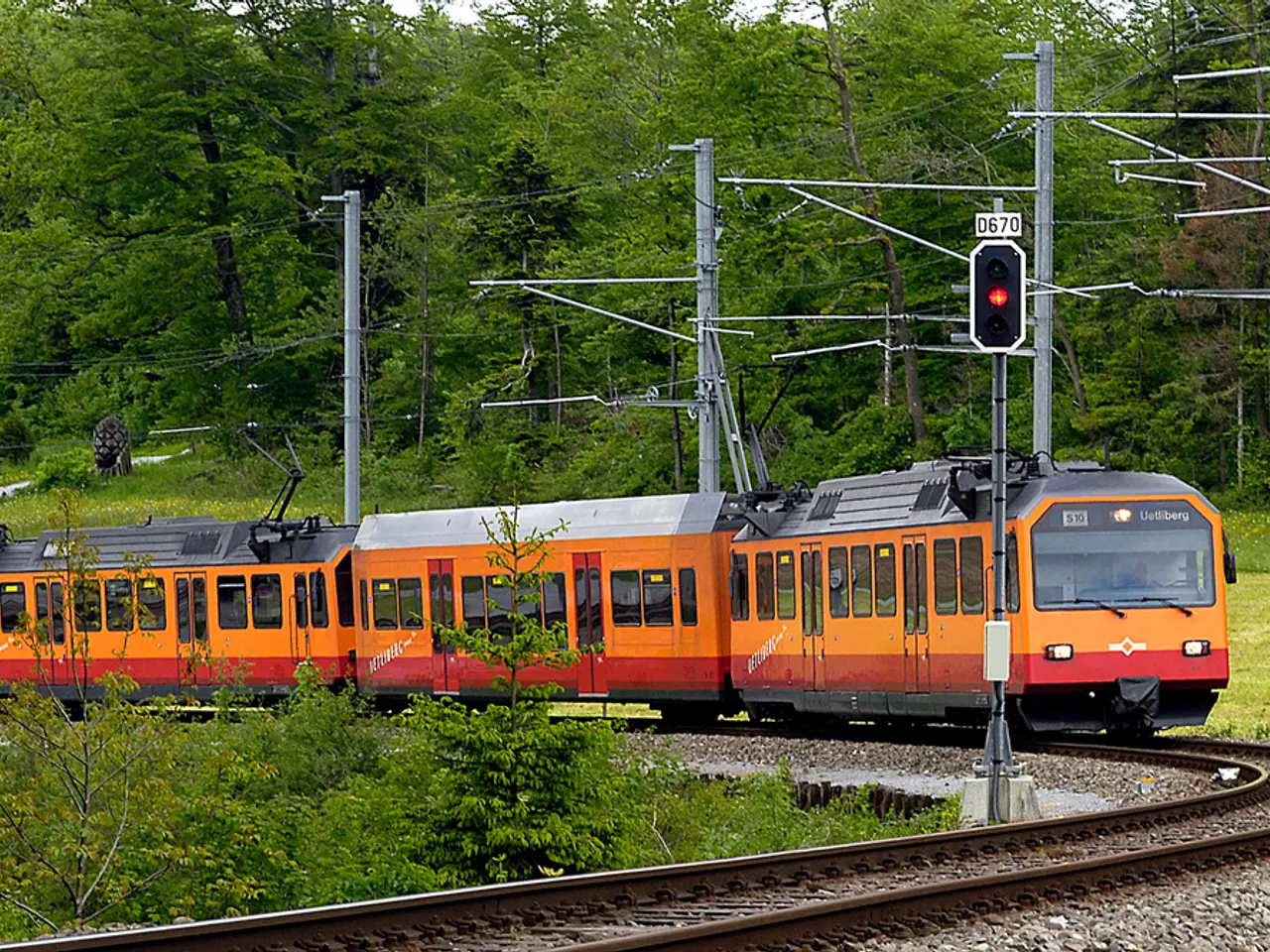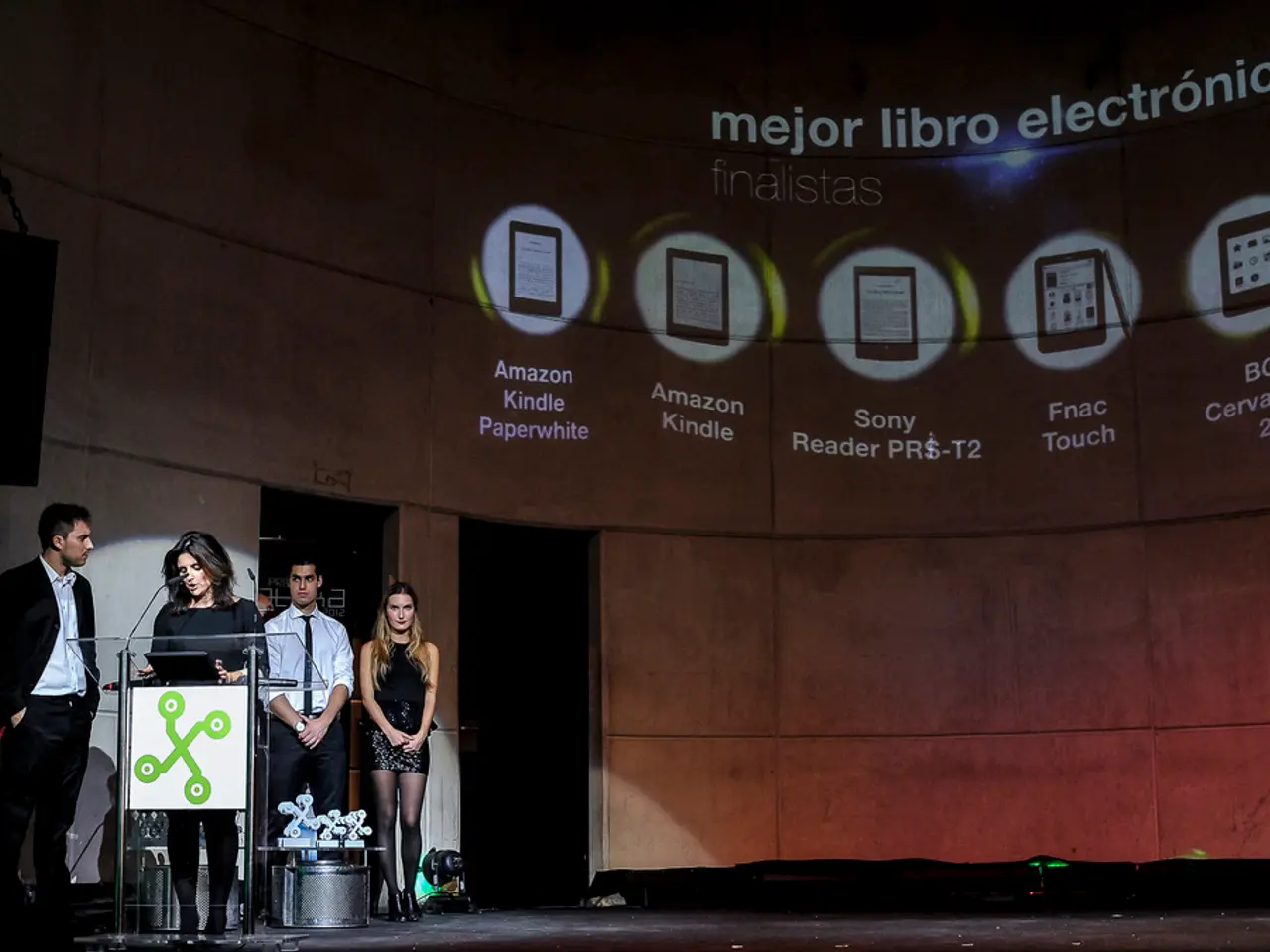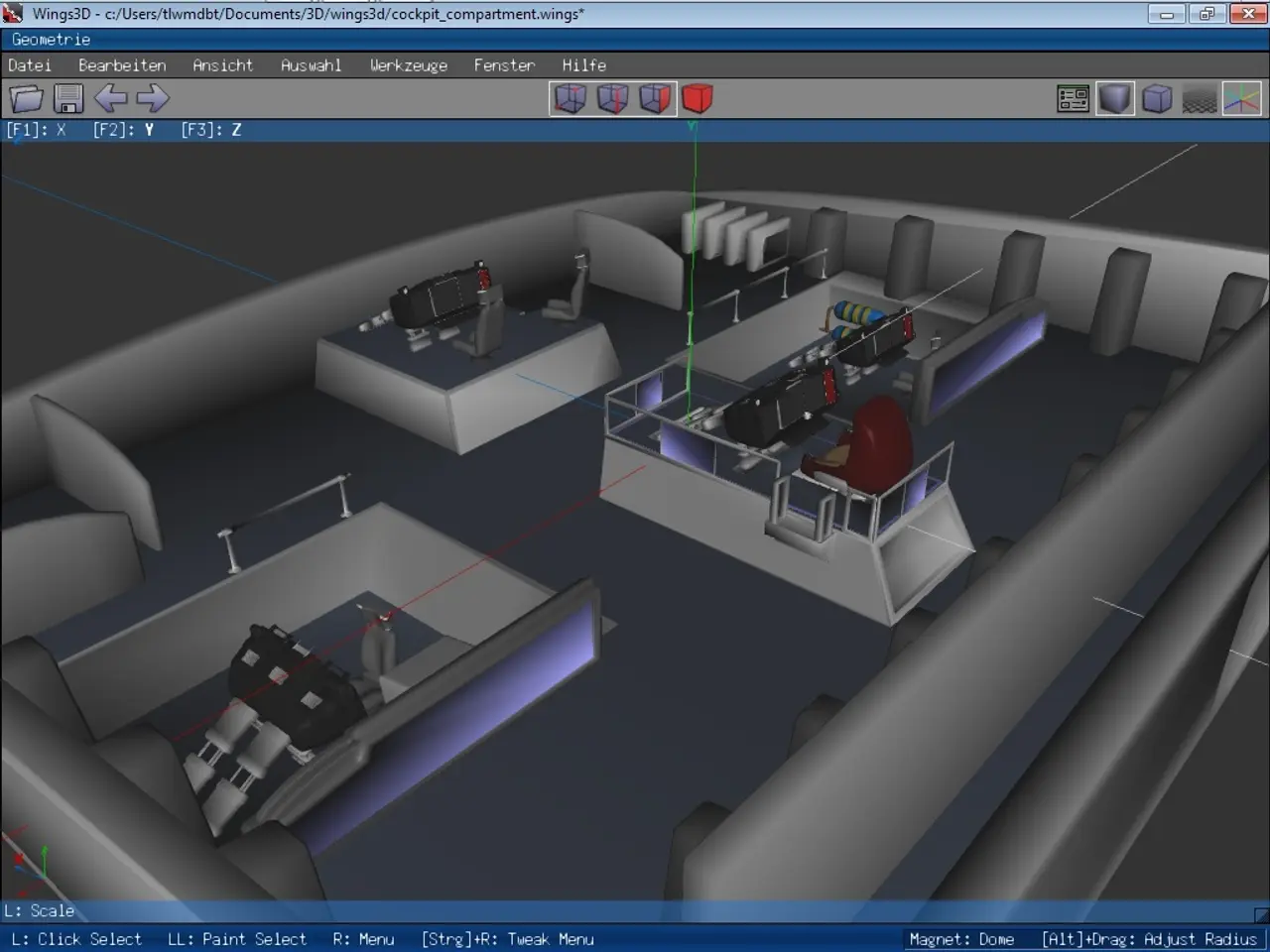Will Volkswagen Implement a Four-Day Workweek?
Volkswagen's Transformation: A Journey Towards Electrification
Volkswagen's main plant in Wolfsburg, Germany, is undergoing a significant transformation. The plant, known for producing iconic models like the VW Golf, is set to transition to electric vehicle (EV) production starting in 2027.
This shift comes as part of Volkswagen's broader electrification strategy, with the company's latest SSP platform serving as the backbone of its E-offensive. Two of the four assembly lines in the main plant will be converted to SSP from 2027.
The plant will no longer focus on traditional combustion engine vehicles like the Golf, which will be relocated to Mexico. Instead, it will produce new electric models such as the ID Golf, expected in 2028, and the ID.3 and Cupra Born electric models from 2027. The Tiguan and the Tayron will also be produced at the plant during this period.
Works council chairwoman Daniela Cavallo addressed the plant's transformation at a works meeting on June 3. She suggested that as many overtime hours as possible should be worked now to benefit from them from 2027. Cavallo also proposed a four-day week as a realistic scenario at the Wolfsburg plant from 2027, reflecting reduced combustion vehicle demand and workforce adjustments.
However, media reports suggest that Cavallo's suggestions might not go down well with employees. The departure of the VW Golf from Wolfsburg is causing anxiety among some employees, and the potential implementation of a temporary four-day workweek could be met with resistance.
The collective agreements in the VW plant in Wolfsburg are designed to minimize net losses for employees during the transition phase. The historic VW Golf will no longer be produced in Wolfsburg in two years, but the plant is currently running overtime to meet demand.
The restructuring of the plant is a two-edged situation. On one hand, it represents a challenging period of change for the workforce. On the other hand, it marks a crucial step in Volkswagen's transition from low-profit combustion engines to high-margin EVs and software development. This shift is part of a broader downsizing of German production capacity and workforce reductions planned through the decade.
The VW plant in Wolfsburg is expected to be underutilized for years from 2027 due to restructuring. However, this period of transition also presents an opportunity for the plant to adapt and grow, positioning itself at the forefront of Volkswagen's electrification strategy. The plant will produce cutting-edge electric models, incorporating Rivian’s electrical architecture, and will be a key player in Volkswagen's ambitious E-offensive.
- Volkswagen's transition towards electrification extends beyond their main plant in Wolfsburg, as the automotive industry globally turns its focus towards financed advancements in transportation technology and electric vehicle production.
- In the wake of the VW plant's shift to electric vehicle production, there could be potential collaborations with other industries, like technology, particularly in terms of adopting innovative electrical architectures, as seen with Rivian.
- As Volkswagen restructures its Wolfsburg plant for the production of electric vehicles, regional transportation routes may need to accommodate an increase in demand for these environmentally friendly models, considering the large-scale manufacturing that will be taking place.




